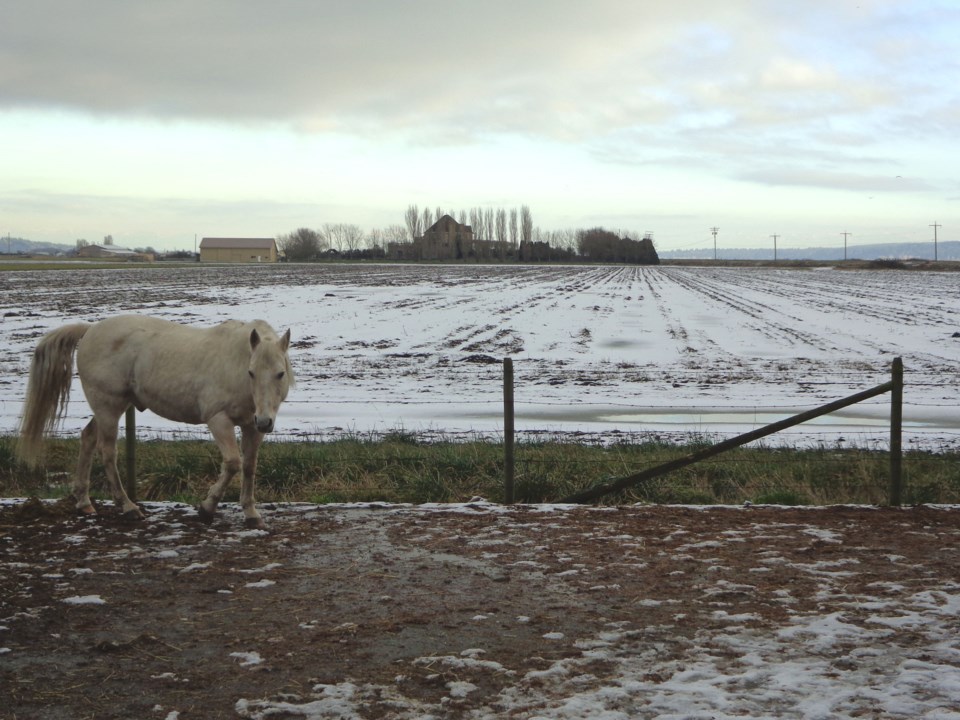The City of Delta is updating its agricultural zone bylaw to keep in step with changes introduced by the provincial government and Agricultural Land Commission.
Council recently approved the series of amendments to the A1 Zone, which was originally adopted in 2006.
The changes ranged from an increase for the maximum floor area for a farmhouse, regardless of lot size, to match the ALC's new regulations, to updating the regulations for cannabis production and processing.
However, council agreed not to proceed with new rules when it comes to agri-tourism.
A staff report notes that the updated ALC regulations permits agri-tourism accommodation, which is short-term on-farm accommodation in the form of tents, recreational vehicles or small cabins, up to a maximum of 10 sleeping units on a given property.
Local governments may choose whether to permit and regulate those uses.
“During consultation with Delta's Agricultural and Hunting Regulation Advisory Committee (AHRAC) and Delta Farmers' Institute (DFI), there were concerns about the potential impacts of agri-tourism accommodation on agricultural operations. This included concerns regarding trespassing, increase in litter, crop damage, and conflicts between normal farm practices such as berry spraying and accommodation,” the report explains.
“Due to these concerns, staff recommend that proposals to establish an agri-tourism accommodation operation submit a temporary use permit application to the City for consideration instead of introducing more broadly agri-tourism accommodation regulations in the A 1 Zone update,” the report adds.
Up to 10 on-farm special non-farming events per year will be permitted.
A public hearing was not required for the zoning amendment as the bylaw is consistent with the Official Community Plan (OCP).



